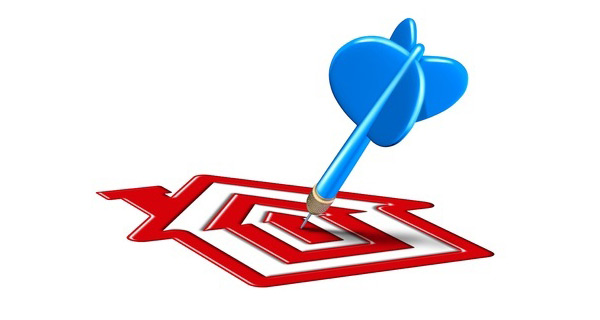January 7, 2016
 A recent question in our comments section asked if the down payment for an FHA home loan could be financed, or does it need to come “out-of-pocket”. This is an important factor for FHA single family home loans as there is what the FHA describes as a “minimum cash investment” or down payment required that a potential FHA home loan applicant will need to budget for.
A recent question in our comments section asked if the down payment for an FHA home loan could be financed, or does it need to come “out-of-pocket”. This is an important factor for FHA single family home loans as there is what the FHA describes as a “minimum cash investment” or down payment required that a potential FHA home loan applicant will need to budget for.
That down payment is, at the bare minimum, 3.5% of the “adjusted value” of the property. This is stated in HUD 4000.1 which says specifically:
“Minimum Required Investment (MRI) refers to the Borrowers contribution in cash or its equivalent required by Section 203(b)(9) of the National Housing Act, which represents at least 3.5 percent of the Adjusted Value of the Property.” This must be paid up front by the borrower using funds that have been verified and approved by the lender. This down payment may not be financed.
Furthermore, closing costs and other fees or expenses cannot be used to meet the minimum required investment–it is a separate expense of an FHA home loan. This may sound like a lot to pay, but considering that a conventional mortgage loan minimum down payment could be as high as 10%, the FHA down payment amount isn’t quite that much.
FHA loan rules state that a borrower can use cash reserves, money saved at home, cashed-in stocks/bonds or investments, and even gift funds that meet FHA requirements to make the down payment. However, you are not allowed to use “non collateralized loans” such as payday loans, cash advances from credit cards, etc. to pay the minimum investment.
Your lender is required by FHA loan rules to verify and approve the sources of your down payment money. That may include requesting your bank statements to show how and when your down payment funds were made available and other documentation. This is a standard part of doing business with a lender, and borrowers should expect a certain level of scrutiny on their down payment money.
FHA loan down payments may sometimes be higher than the 3.5% minimums depending on a borrower’s FICO scores, the nature of your loan transaction, and whether there are third parties with “identity of interest” factors involved in your transaction. For example, a family member who sells a home to another family member could, depending on circumstances, cause the down payment requirement to be higher. There are exceptions to this as provided in FHA loan rules–be sure to ask your lender about which exceptions may apply in your case.
Do you work in residential real estate? You should know about the free tool offered by FHA.com. It is designed especially for real estate websites; a widget that displays FHA loan limits for the counties serviced by those sites. It is simple to spend a few seconds customizing the state, counties, and widget size for the tool; you can copy the code and paste it into your website with ease. Get yours today:

